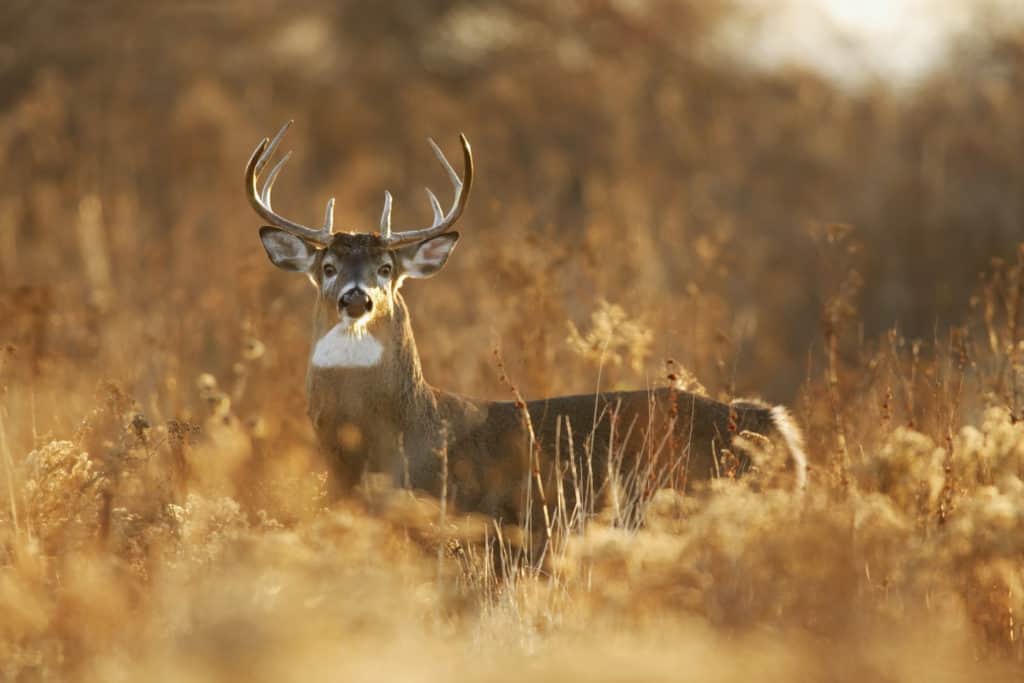
If you, like me, went hunting and got a deer, but then delayed substantially to eat all of the deer and quickly found yourself piling more meat on top of the venison in the freezer until potentially years later you discovered that you had meat in the bottom of the freezer, then this article is for you.
However, after significant research, I found out that venison can’t last for years in the freezer. The truth is that wild deer meat does not last nearly as long in a freezer as you might think, so it is important to do your research to make sure you are properly caring for the meat you’ll be serving to your family.
| Type of Venison | Max Frozen Time for Best Quality | Max Frozen Time for Safety |
| Ground Deer Meat | 3 months | 8 months |
| Seasoned or Cured Deer Meat | 3 months | 4 months |
| Venison Roasts and Steaks | Up to 9 months | Up to 1 year |
The length of time that you are meat last in a freezer will depend on many factors. It is difficult to make these general recommendations above because they depend on other factors such as how the meat was cared for before freezing, if the meat was properly frozen within 24 hours, the amount of air that can access the meat during storage, and the quality of the wrapping itself.
For example, if meat is stored in small pieces of ground chunks that was previously cured and then simply put in a plastic bag, I would not recommend allowing the meat to stay nearly as long in the freezer as meat which was kept at ideal temperatures from the fields to the freezer and then frozen hard within 24 hours and stored always below 0° Fahrenheit in a vacuum-sealed container. so, as you read the above recommendations, keep in mind that there are many other factors at play and you may need to shorten or lengthen the recommended times depending on your particular circumstances.
Shelf Life of Wild Deer Meat Stored in a Freezer
The National Center for Home Food Preservation suggests: “Store ground venison in a freezer at 0°F or colder for 3 months for best quality. Venison roasts and steaks can be stored 6 to 9 months at this temperature. Meat quality and flavor will deteriorate in the freezer over time.”
Three food safety specialists at Clemson made the following recommendation: “Avoid long storage periods. Limit fresh game to eight months frozen storage and seasoned or cured game to four months frozen storage. In most states hunting laws require that all wild game be used before the next hunting season. Check regulations for amount of game you can keep and length of time that you can keep it.”
In contrast to the above recommendations, North Dakota State University published a white paper by several food safety specialists suggesting that wild game meat stored in a freezer can be safely stored for up to one year.
The USDA recommends that wild game meat not be stored in a freezer longer than 8 to 12 months before being consumed.
Keep in mind that there are legal requirements for the storage of deer meat. Many states have laws requiring harvesters of deer meat to consume all of the meat within one year, and in all cases before the next hunting season. Some states also have laws concerning the amount of wild game that can be stored in a home.

Tips for Making Your Meat Last Longer in the Freezer
By far, the most important thing you can do to help frozen deer meat last longer in the freezer is to keep air away from the meat. Meat that has been properly vacuum-sealed will last significantly longer in a freezer. Are can be a place to help bacteria grow in the meat, but more significant is the fact that are getting in contact with the meat will increase the amount of freezer burn and open up the meat to losing flavor over time. If you do not have a vacuum sealer, you should consider picking one up. You can purchase one on Amazon for as little as $50, and it could serve you for many years of packaging meat and making it last much longer in your freezer.
The type of freezer you use to store the meat is also significant. The type of freezer I have in my garage is a chest freezer. This is the type where you open up the top lid and reach down into the freezer in order to get the food out. This type of freezer is excellent for storing Meats long-term because it can keep temperatures inside the freezer more consistent as the lid is opened and then shot. Freezers with a side opening door more drastically impact the temperature of the freezer for a temporary time when the door is opened when compared to chest freezers. The problem with chest freezers is that they are difficult to ensure that you are rotating the food at the bottom of the freezer. This is what led me to having the issue of finding the deer meat at the bottom of the freezer. So, if you are going to use a chest freezer, be sure you have a rotation method in place.
Store larger pieces of meat so less surface area is exposed to the outside–as long as you can freeze the meat quickly. Also, consider the size of the chunks of meat that you store. Smaller pieces of meat will have more surface area exposed to air and the outside of the packaging. Larger chunks of meat maybe more unwieldy to defrost and cook, however, they are better for storing long-term since more of the meat on the outside can be cut off and left with better in inside me. If you are going to use larger pieces of meat in Frozen storage, be sure that the meat freezes quickly and stays below zero degrees Fahrenheit.
How you stored the meat in the freezer in the first 24 hours can make a significant difference in the meat quality and safety. The National Center for Home Food Preservation suggests that you put no more than four pounds of meat per cubic foot of space in the freezer for the initial 24 hour period of freezing so that the meat freezes quickly and solidly without beginning to go rancid in a tightly packed area without enough cold around it to freeze. Spread the packaged bundles of meat around in the freezer among other items if necessary to aid in the quick freezing of the meat.
Ensure that the wax paper, plastic bags, and vacuum-sealing plastic bags are indeed intended for freezing. You may be surprised to find that many of the items you get from the grocery store that seem like they would be intended for use in a freezer, actually are not. Some wax paper has too little wax to be effective for long-term storage, and some plastic wrapping is too thin for the job. Check on the package of everything you use to ensure it says it is rated for freezing items long-term.
Don’t let freezer burn, a loss of quality and nutrients, and potentially bacteria ruin your meat. Be sure you are taking good care of what you will feed your family by following these recommendations. Remember that you have taken a living animal from the forest and used it to provide for your family, and you have a responsibility to be sure that meat is used properly.
Also, I’m sure some of the recommendations in this article may seem to strict. I found a forum post where a dozen or more hunters said, “Ah, it’s good for years if frozen!” I wouldn’t bet on the food safety recommendations of a bunch of random people on forums. In this article I’ve cited dozens of food scientists, PhDs, and official government recommendations to give you the best and reliable recommendations I could find.

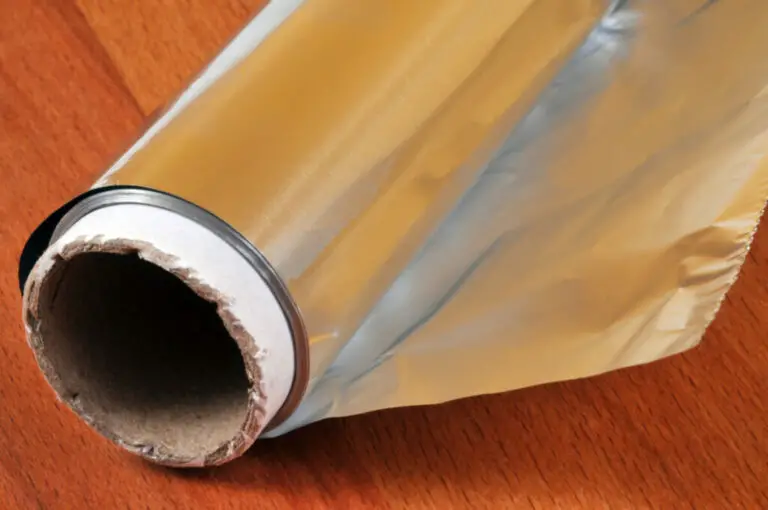
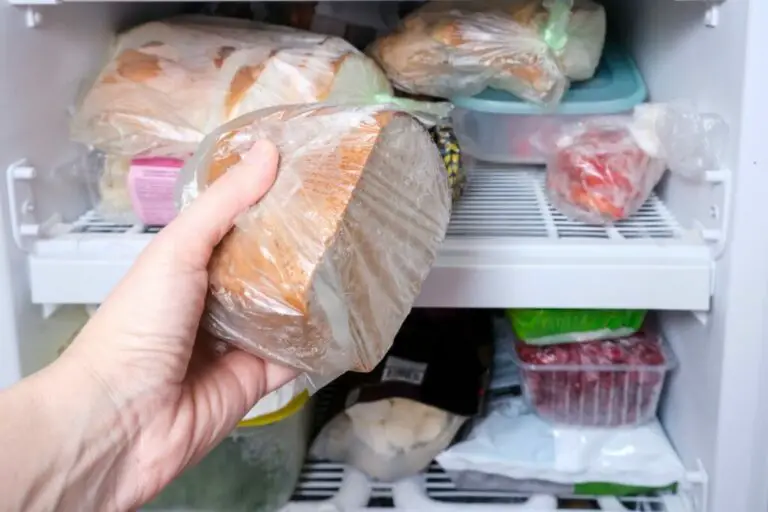
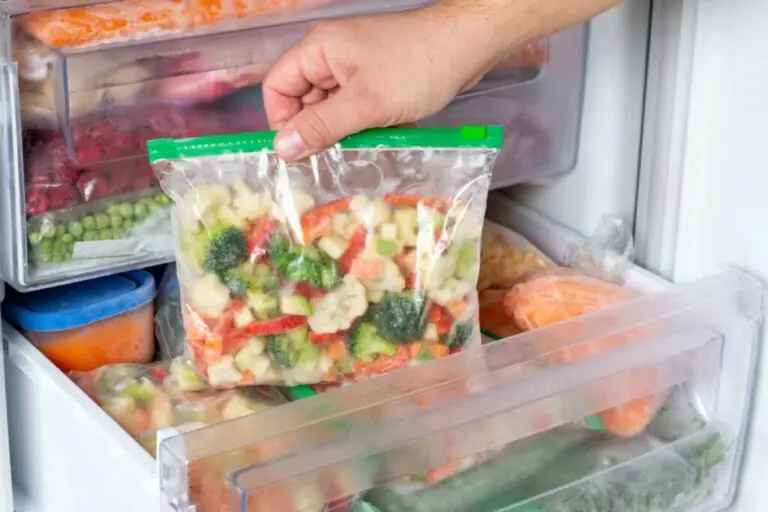
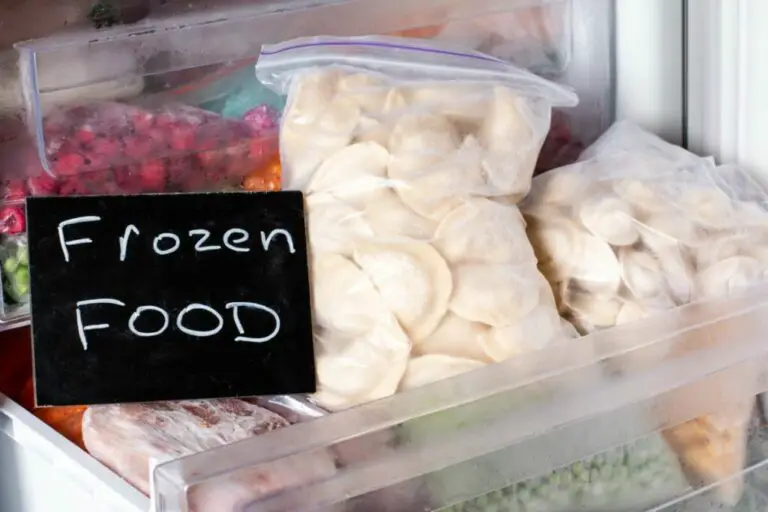

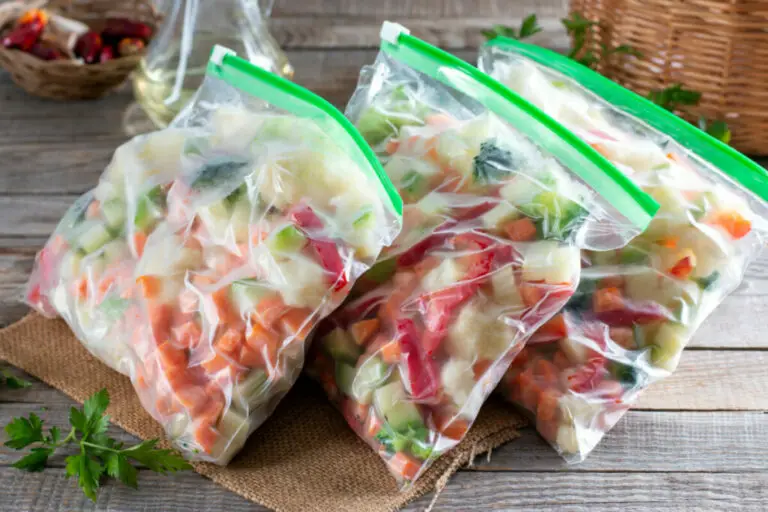
Loved reading it 🙂
Amazing, thank you.
Great post. I live in Northern Ontario Canada and we often have deer or moose meat available.